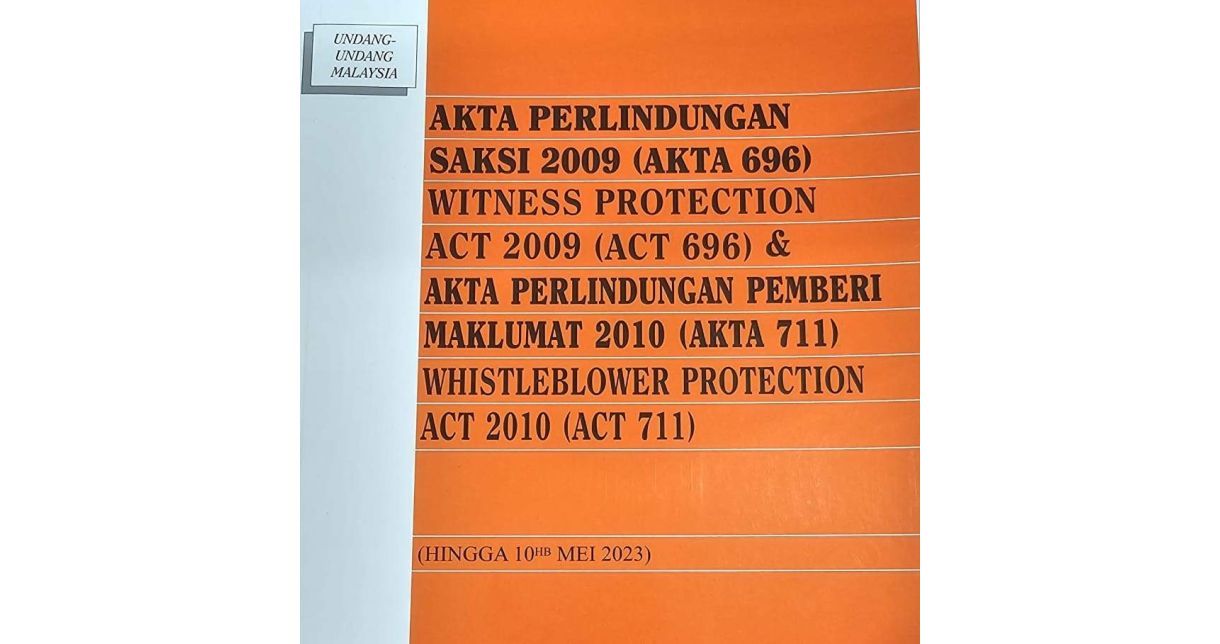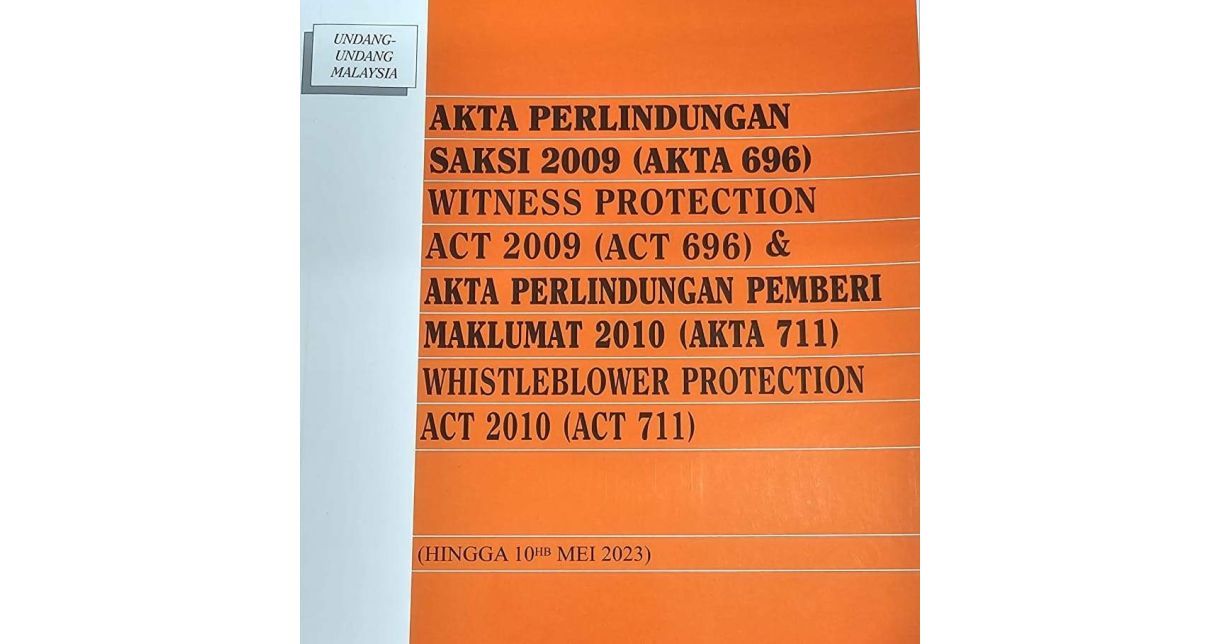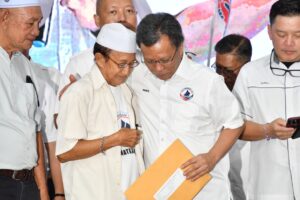
PETALING JAYA: Civil society organisations (CSOs) generally welcome the latest amendments to the Whistleblower Protection Act 2010, but are concerned that one section could lead to those who flag wrongdoing being penalised.
Transparency International Malaysia (TI-M) president Raymon Ram said the word “wilfully” is included in Section 11(1)(a) of the amendments to qualify a whistleblower’s protection.
“This is not the fundamental reform we have long advocated.
“(The term) ‘wilfully’ is inherently difficult to define and prove in many corruption cases, where participation may occur under coercion, systemic practice, or indirect involvement.
“This ambiguity risks inconsistent application and could still leave genuine whistleblowers unprotected,” he said on Sunday (Aug 17).
ALSO READ: Amendments to Whistleblower Protection Act a major reform, says Bangi MP
Raymon also said he was concerned about the exclusion of internal whistleblowers who first report wrongdoing within their organisation before going to a law enforcement agency.
“Under the current framework, such individuals will not receive protection unless their first report is made directly to law enforcement.
“In real terms, this means a procurement officer who flags suspicious contract awards internally – but later turns to the anti-graft authorities when no action is taken – would still be unprotected and vulnerable to retaliation, despite acting in good faith,” he added.
Still, he believed the overall amendments represent progress and should modestly strengthen protection, especially by allowing disclosures involving classified information to be made without breaching secrecy laws.
“This could encourage certain categories of insiders to step forward where previously they were legally barred from doing so,” he said.
ALSO READ: Whistleblowers urged to report through proper channels
Centre to Combat Corruption and Cronyism (C4) chief executive officer Pushpan Murugiah, who recently hosted a forum to brief CSOs on amendments to Act 711, said there appears to be confusion over how the new amendments would apply.
Pushpan argued that the new Section 11 (1)(a) allows enforcement agencies to maintain protection for whistleblowers involved in misconduct or who acted to avoid disciplinary action.
“We also caution that there has been no announcement on publicly available guidelines for how enforcement agencies are to utilise their new discretionary powers, such as through illustrations or required elements per case.
“This absence may lead to inconsistent and unjust use of this discretion.
“Here, trust is vital – whistleblowers may still be discouraged from coming forward if they are unclear on whether they will receive protection or not,” he said.
At the same time, Pushpan said the changes are generally welcomed by CSOs, as previous provisions in Section 6 denied whistleblowers protection if their disclosure violated other laws, such as the Official Secrets Act 1972.
ALSO READ: Govt mulling independent oversight body to protect whistleblowers
“This made it extremely risky to report misconduct involving classified information, undermining public sector accountability.
“With the proviso removed, this major barrier has been lifted. Read with Section 7, the law now appears to protect whistleblowers from criminal liability, provided they reasonably believe the misconduct occurred,” he said.
Meanwhile, Pushpan said the amendments introduce a newly established Whistleblower Protection Committee to oversee the implementation of the law and to obtain statistics and data relating to complaints received by enforcement agencies.
“The establishment of this committee will work towards improving the level of coordination between enforcement agencies, especially in helping whistleblowers identify the most effective channel for disclosures,” he said.
However, he noted that the amendments appear to conflict with laws prohibiting disclosures, and legal challenges may arise around the full extent of immunity from criminal proceedings.
“Furthermore, it may still be possible for secrecy laws to be amended separately to explicitly supersede the provisions of the Act,” he said.
The amendments were passed in the Dewan Rakyat on July 23.






